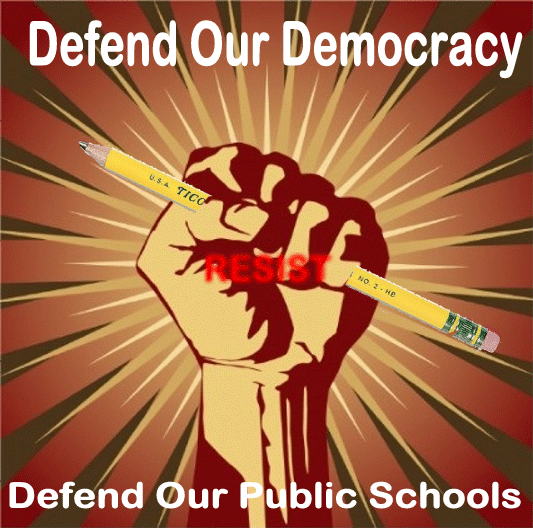Black History Month: We can overcome and we must resist!

“Dr. King, President Lincoln, and other shapers of our American story proudly watch over our National Mall. … They spoke and marched and toiled and bled shoulder-to-shoulder with ordinary people who burned with the same hope for a brighter day. That legacy is shared; that spirit is American. … So let us honor those who came before by striving toward their example, and let us follow in their footsteps toward the better future that is ours to claim.” –2013 National African American History Month Presidential Proclamation by Barack Obama
At a moment when our nation’s values are being challenged, when our president scapegoats immigrants and anyone he deems as “other,” and when our American spirit is being put to the test, Black History Month and President Obama’s words from four years ago remind us: We can endure, we can overcome and we must resist.
It’s important to recount the stories of the many African Americans who made sacrifices and endangered their lives and families to push an often-unwilling nation forward. And while February is the month for officially doing so, we can and should remember their struggles, triumphs and achievements all year long.
Here are some resources to help you bring Black History Month to life in your schools and communities.
NEA Black History Month Lessons and Resources: A selection of lesson plans that cover a variety of subjects, adaptable to fit all grade levels.
Teaching about the Selma to Montgomery Marches: March 2017 marks the 52nd anniversary of the Selma to Montgomery Marches, and these lesson and resources help students learn about the sacrifices and achievements of the many people involved.

Read Across America in February: This NEA site features a selection of books perfect for exploring Black History Month through thought-provoking and entertaining books for students of all ages. The featured book for this month is Freedom in Congo Square, which describes the lives of slaves who worked sunup to sundown, but gathered in New Orleans’ Congo Square to share music on Sunday afternoons.
Smithsonian Education: Educators can find on this site links to the Smithsonian Institution’s vast educational resources for Black History Month, including those at the brand new National Museum of African American History and Culture.
History Channel.com: This site features a brief history of Black History Month (or National African American History Month), short video clips about such historical figures as Harriet Tubman, Carter G. Woodson, Jackie Robinson and many others, as well as clips on the Harlem Renaissance, African Americans in the military and much more. It also includes snippets of speeches by and interviews with a variety of leaders, such as the late Barbara Jordan, the Texas Congresswoman who in 1976 became the first black woman to be a keynote speaker at a Democratic National Convention, Ralph Ellison, author of the classic book Invisible Man, and Muhammad Ali, interviewed about sports and politics.
PBS.org: On this site, the Public Broadcasting Service has pulled together resources and lesson plans covering topics ranging from civil rights anniversaries to discussions about race in the present day.
ScienceNetLinks: This K-12 science education site sponsored by the Association for the Advancement of Science Black History Month: We can overcome and we must resist! - Lily's Blackboard:
